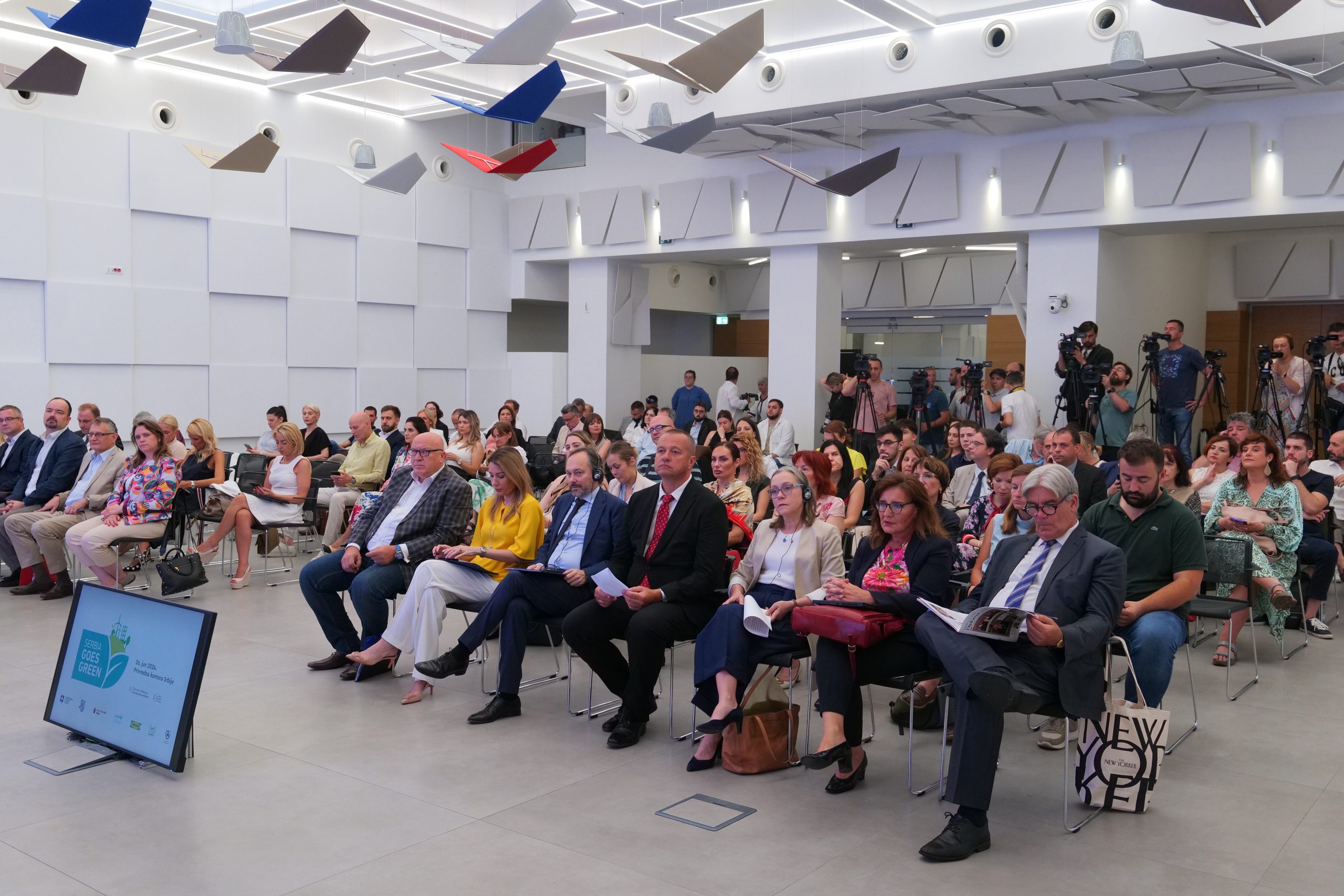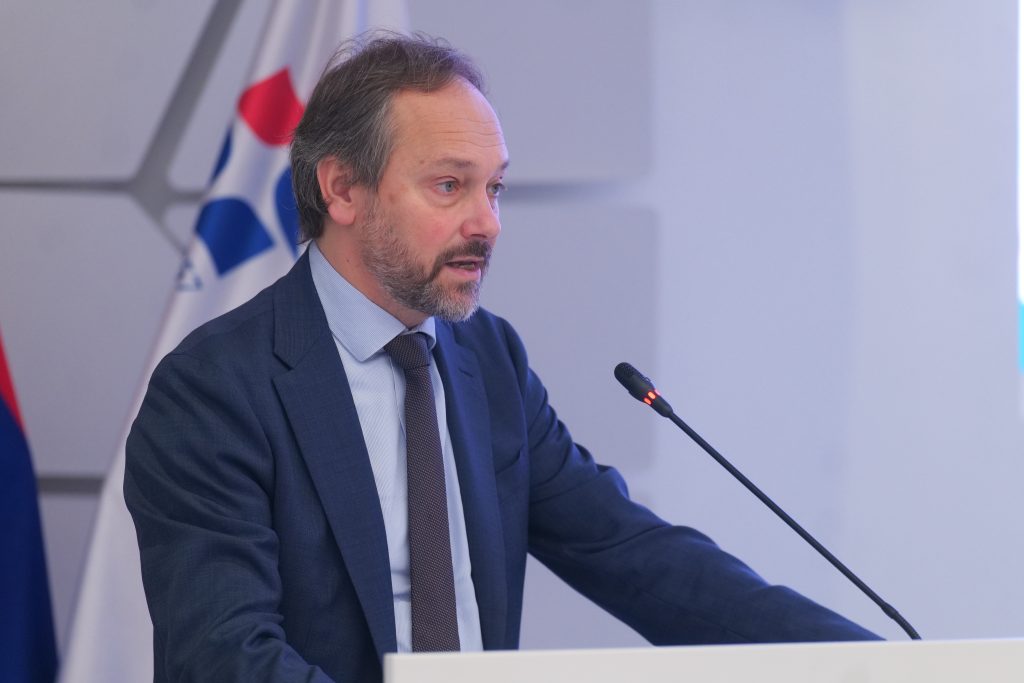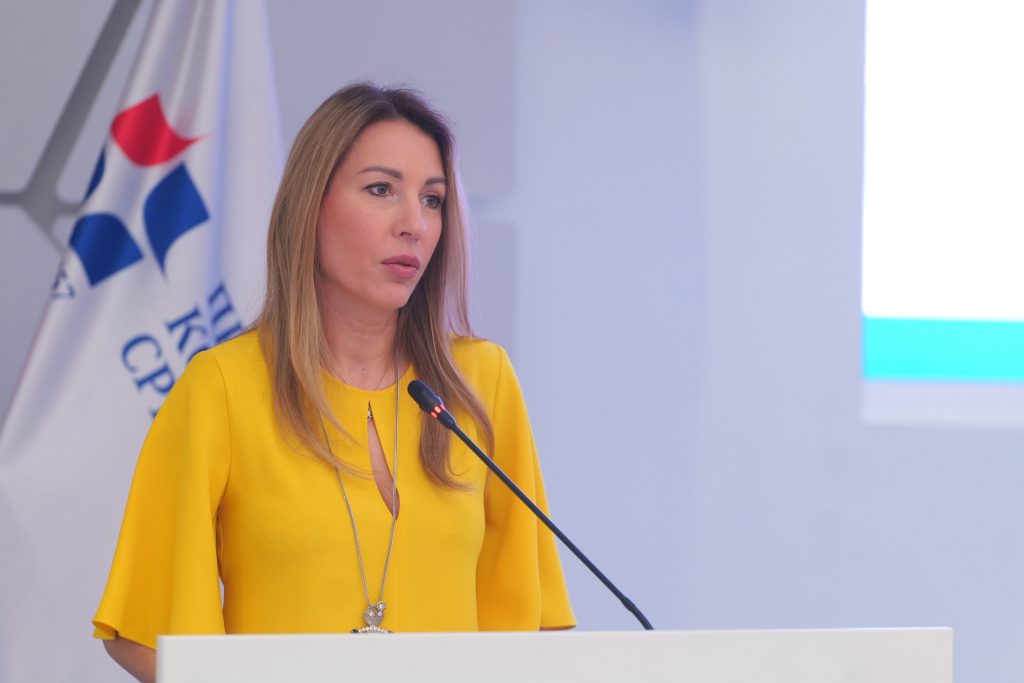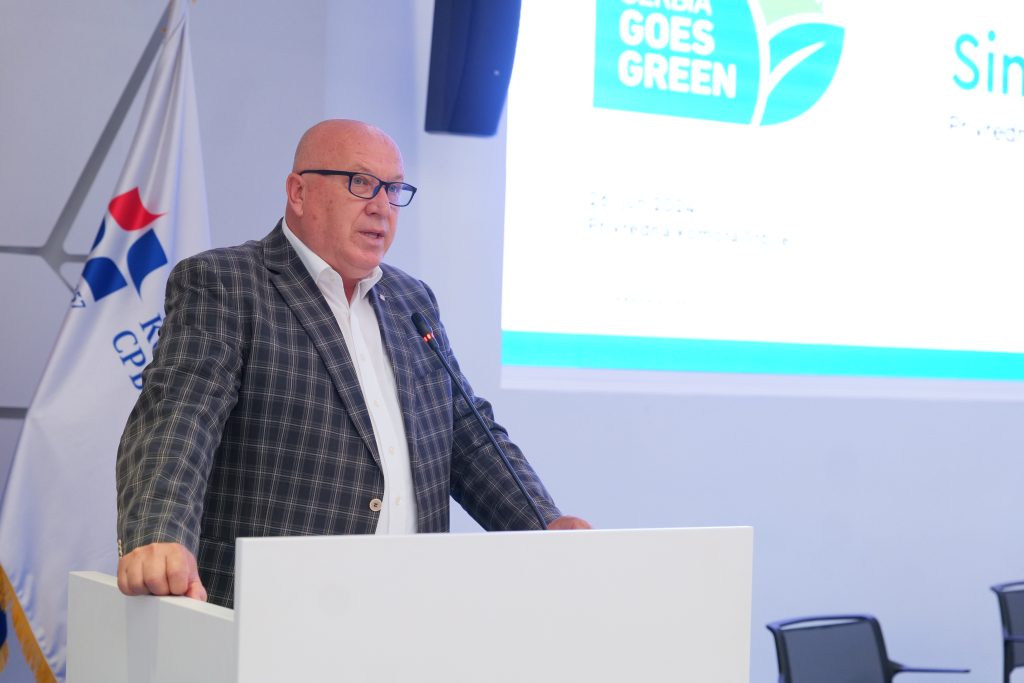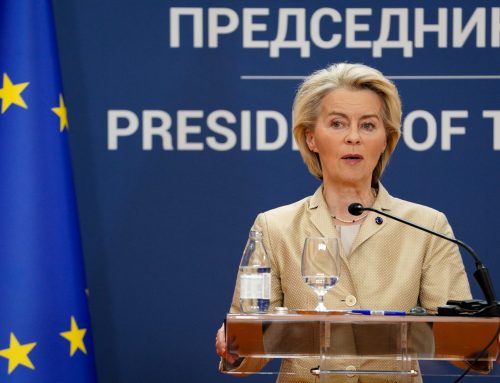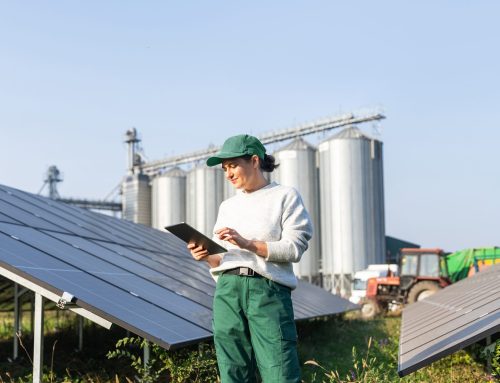The Green Agenda is a development strategy that aims to respond to challenges of climate change and green transition, while the cooperation of the private and public sector is key to the implementation of green projects that will contribute to the preservation of the environment in Serbia. Implementation of circular economy postulates and moving away from the linear business model is essential, along with increasing energy production from renewable energy sources in order to ensure the security of the energy system. Environmental protection and nature preservation were the focus of the Serbia Goes Green conference, which has been organized since 2016 by Color Media Communications.
The European Union’s commitment to supporting Serbia’s green transition is reflected in a series of projects financed by the EU, as well as additional external support. These initiatives, based on the Green Agenda, relate to the processes of decarbonization of SMEs, improvement of energy efficiency and promotion of renewable energy. Through diversification of energy sources and supply routes, the EU not only encourages a cleaner and healthier environment but also ensures a just transition for all.
The European Union Ambassador to Serbia, Emanuele Giaufret, pointed out that the European Union has set high goals for the future in order to make Europe a climate-neutral continent by 2050.
“The EU has invested EUR 582 million in environmental protection in Serbia, but we will not stop there. Looking to the future, Serbia should use all the advantages offered by the New EU Growth Plan for the Western Balkans. Specifically, through our Reform and Growth Facility for the Western Balkans, we aim to accelerate fundamental reforms and integration of the regional market with the EU Single Market, and bring EUR 6 billion to the Western Balkans by 2027. For Serbia, the Reform and Growth Facility will support, inter alia, the energy transition and guide the country towards a more resilient and cleaner economy. This is the future of Serbia, and the EU will continue to be fully committed to supporting Serbia and its citizens. Hard work is ahead of us, starting from legislation, enforcement of norms, investments to dialogue – which are the key activities for a better future, because cleaner economy means a brighter future.”
The energy transition brings numerous advantages for the citizens of Serbia. Improved air quality translates directly into better public health, while the incentive for renewable energy and energy efficiency will boost innovation and competitiveness in line with the requirements of the EU market – which is part of the European Green Deal and the goals of the new Growth Plan. On the other hand, Serbia’s path towards a greener future is supported by the enormous support of its citizens. A recent study by the Friedrich Ebert Foundation indicated that 94% of respondents in Serbia support the transition to renewable energy sources. This strong public support is crucial as Serbia begins its green journey, with the EU as a partner.
The Minister of Mining and Energy, Dubravka Đedović Handanović, emphasized the importance of a secure, stable and sustainable energy system that has minimal negative environmental impact. She additionally pointed out the importance of security, which should always be a priority, not only for Serbia, but also for the countries of the region through the strengthening of interconnections. She pointed out examples of cooperation between Serbia and the EU, primarily through the allocation of grants and projects within the distribution networks that will enable more efficient management, but also more effective spending.
The EU’s commitment to Serbia’s green transition is additionally reflected through joint efforts with international partners, bilateral donors and financial institutions to encourage green energy and energy efficiency projects. Matilde Mordt, Resident Coordinator of the UN in Serbia said that it is unquestionable that climate change affects the daily life of all of us, from aspects of health to development. The UN supports the increase of investments in the area of green transition while emphasizing that the priority is to protect the most vulnerable in our society, marginalized groups and that no one can be left behind in the process of a just energy transition.
Siniša Mitrović from the Serbian Chamber of Commerce emphasized that the consequences of climate change cost Serbia around EUR 400 million per year, and that it is obvious why green topics must be a priority of all sectors of society, both public and private. In addition, he emphasized the importance of inclusion and dialogue with the academia so that they are adequately involved in this process.
As Serbia embraces this transformative phase, the call to action is clear: legislation, enforcement, investments and dialogue are the foundations for a sustainable future. In the spirit of unity and shared responsibility, the EU and Serbia are committed to a greener, healthier and more prosperous future, and you can find more information about EU support on this topic here.

